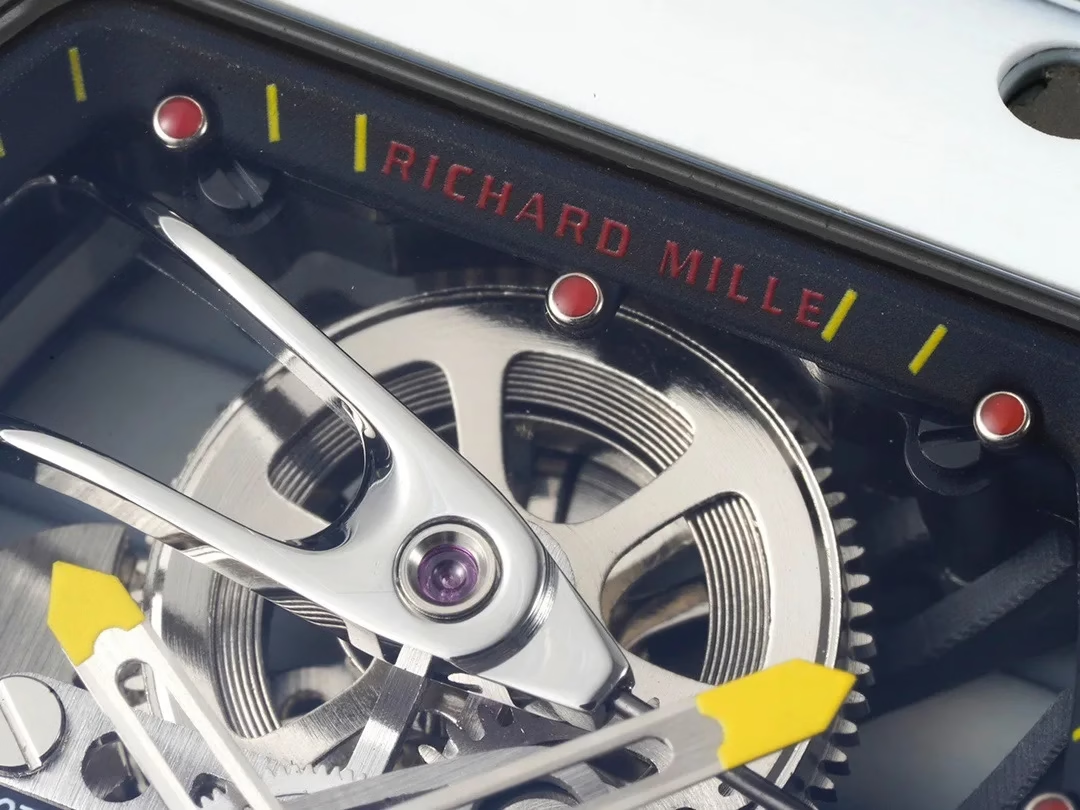Sparkling Production: Inside the Clean Factory Revolution

In a world where the demand for efficiency and sustainability continues to grow, the ”clean factory revolution” is emerging as a shining beacon of Innovation. From sleek, sparkling production lines to cutting-edge green technologies, these next-generation factories are redefining the manufacturing landscape. Join us as we take a behind-the-scenes look at the inner workings of this transformative movement in our article, “Sparkling Production: Inside the Clean Factory Revolution.
Revolutionizing Industry: The Rise of Clean Factories
Enter the world of the future with clean factories revolutionizing the industry landscape. Gone are the days of smog-filled production facilities, as the rise of environmentally-friendly manufacturing processes take center stage. These state-of-the-art factories prioritize sustainability, utilizing cutting-edge Technology to minimize waste and emissions.
Imagine walking through a spotless production floor, where machines hum quietly and workers wear protective gear designed for both safety and eco-friendliness. The clean factory revolution is not just about reducing pollution, but also improving working conditions and overall efficiency. With a focus on renewable energy sources and innovative recycling methods, these facilities are setting a new standard for the industry.
Innovative Technologies Driving Efficiency and Sustainability
In the world of manufacturing, the traditional image of dark, noisy factories filled with smokestacks is being transformed by innovative technologies that prioritize efficiency and sustainability. Clean factories are leading the way in this revolution, with cutting-edge solutions that not only increase productivity but also reduce their environmental impact.
One key technology driving this change is smart automation, which allows factories to streamline production processes, minimize waste, and optimize energy usage. Another breakthrough is the use of advanced robotics that can perform tasks with precision and speed, while also being more energy-efficient than traditional manual labor. With these advancements, clean factories are setting new standards for sustainable manufacturing practices.
Best Practices for Implementing Clean Production Processes
Implementing clean production processes is essential for any modern factory looking to minimize its Environmental Impact and maximize efficiency. One of the best practices for achieving this goal is to invest in state-of-the-art filtration systems to capture and remove harmful pollutants from emissions. By ensuring that these systems are regularly maintained and upgraded, factories can significantly reduce their carbon footprint and contribute to a cleaner, healthier planet.
Another key practice is to prioritize the use of renewable energy sources, such as solar or wind power, to fuel factory operations. By switching to clean energy, factories can not only reduce their reliance on fossil fuels but also save money in the long run. Additionally, implementing a robust recycling program for materials and waste generated during production can further reduce the factory’s environmental impact and promote sustainability in the supply chain. By incorporating these best practices, factories can revolutionize their production processes and pave the way for a greener, more sustainable future.
The Future of Manufacturing: Advancing Towards Green Operations
In the age of environmental consciousness, the manufacturing industry is undergoing a significant transformation towards sustainable practices. Companies are now embracing green operations to reduce their carbon footprint and minimize environmental impact. Clean factories are at the forefront of this movement, implementing innovative technologies and processes to ensure production is both efficient and eco-friendly.
These modern manufacturing facilities prioritize sustainability in every aspect of their operations, from energy consumption to waste management. By incorporating renewable energy sources such as solar and wind power, clean factories are able to significantly reduce their reliance on fossil fuels. Additionally, advanced recycling systems and water conservation measures are employed to minimize waste and promote a circular economy. Through these efforts, the future of manufacturing is looking brighter than ever, with clean factories leading the way towards a greener and more sustainable industry.
Q&A
Q: What is the “clean factory revolution” all about?
A: The clean factory revolution is a movement within the manufacturing industry that aims to reduce environmental impact and promote sustainability through the implementation of cleaner production processes.
Q: How are clean factories different from traditional factories?
A: Clean factories prioritize energy efficiency, waste reduction, and the use of sustainable materials to create a more environmentally-friendly production environment, unlike traditional factories which may rely on outdated technologies and harmful practices.
Q: What benefits do clean factories offer?
A: Clean factories offer numerous benefits, including reduced carbon emissions, improved air and water quality, and cost savings through energy efficiency and waste reduction.
Q: How is technology playing a role in the clean factory revolution?
A: Technology plays a crucial role in the clean factory revolution, enabling manufacturers to implement advanced monitoring systems, automation, and data analytics to optimize production processes and minimize environmental impact.
Q: What are some examples of companies leading the way in clean factory practices?
A: Companies such as Tesla, Patagonia, and Unilever are known for their commitment to sustainability and have implemented innovative clean factory practices to reduce their environmental footprint.
Q: How can individuals support the clean factory revolution?
A: Individuals can support the clean factory revolution by choosing products from companies that prioritize sustainability, advocating for clean production practices, and making environmentally-conscious purchasing decisions.
To Wrap It Up
In conclusion, the clean factory revolution is changing the manufacturing industry for the better, with sparkling production facilities leading the way towards a more sustainable and environmentally friendly future. As more companies adopt these innovative practices, we can look forward to cleaner air, reduced waste, and improved working conditions for factory workers. Let’s continue to support and encourage this transformation towards a cleaner, greener, and more efficient manufacturing sector. Thank you for joining us on this inside look at the sparkling production revolution.



















